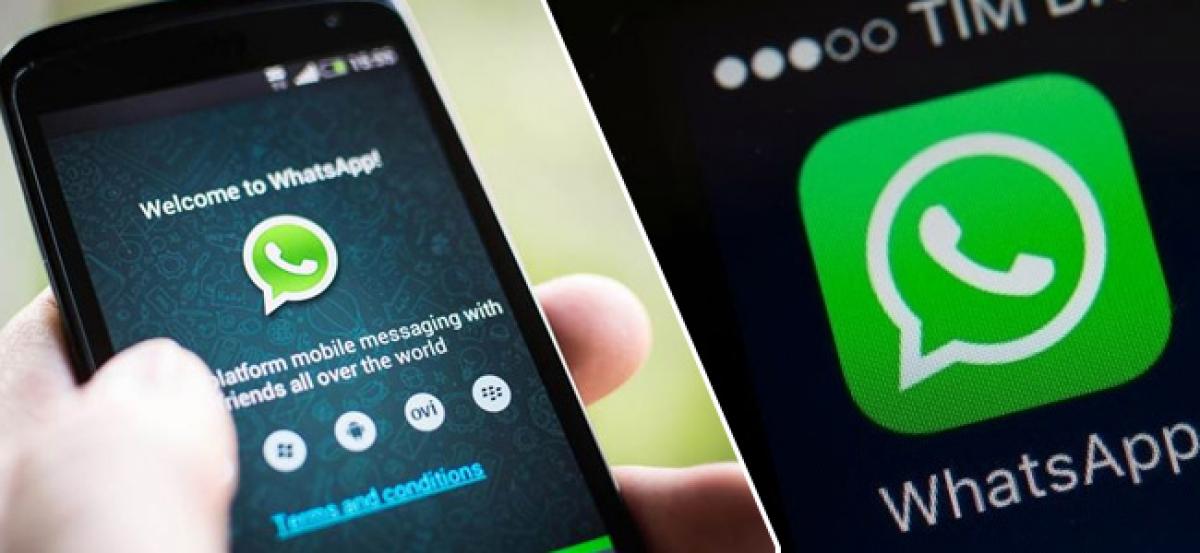Live
- Free Study Materials Distributed to Needy MBBS Freshers by Seniors
- Boeing lays off over 400 members of professional aerospace union
- Ready for debate on BRS 10 year rule and Congress one year's, TPCC Chief Mahesh Goud
- Director Arjun Jandhyala speaks about ‘Devaki Nandana Vasudeva’
- Amitabh Bachchan praises Bihar’s ‘LittiChokha’
- ‘Maha Sandram’ gets a grand launch
- Cong wants to break marginalised communities, BJP bats for everyone: PM Modi
- Sara Ali Khan enjoys camping under full moon
- Centre launches campaign for assessment year 2024-25 to help taxpayers
- Dutch cabinet holds out after crisis talks









